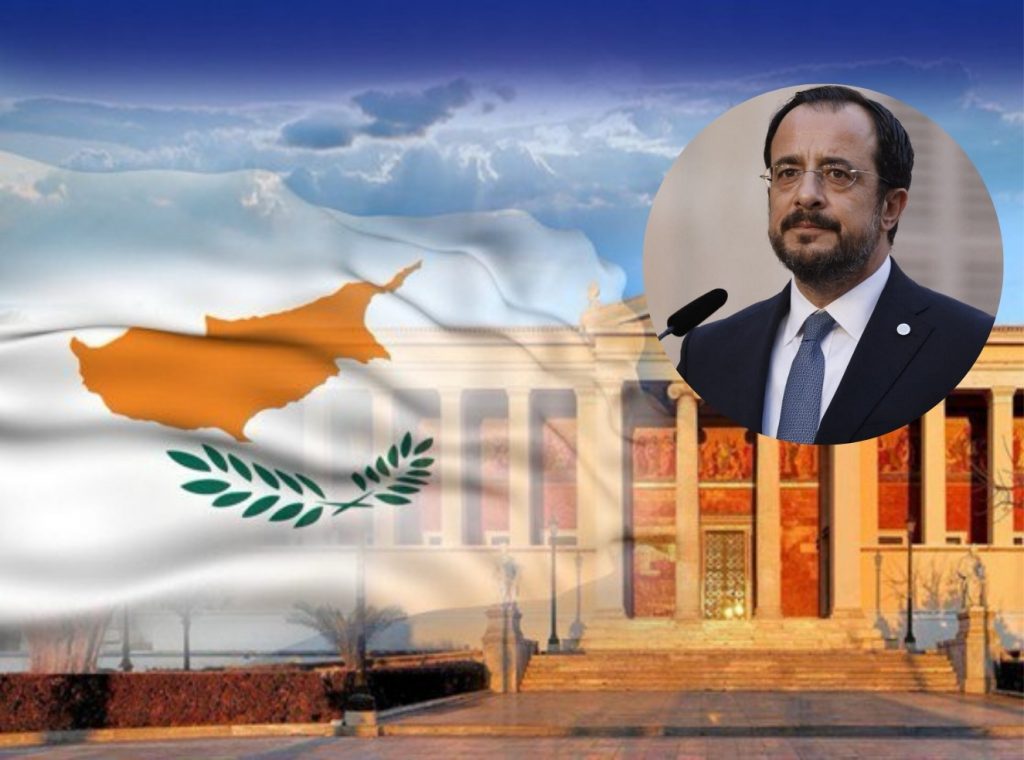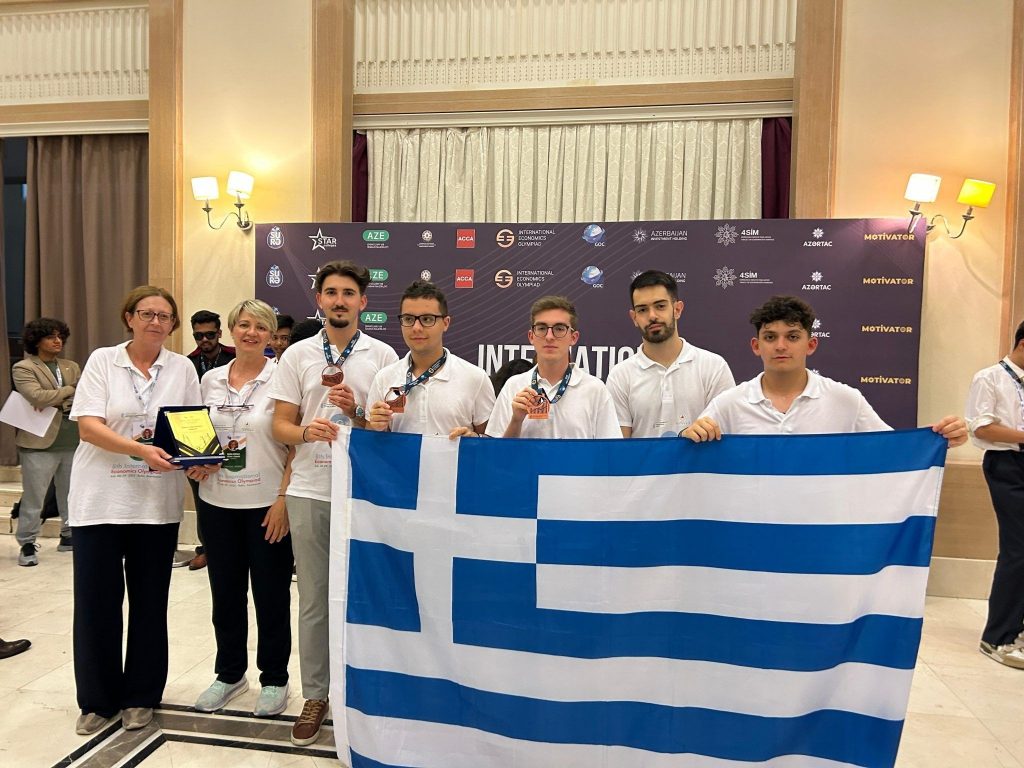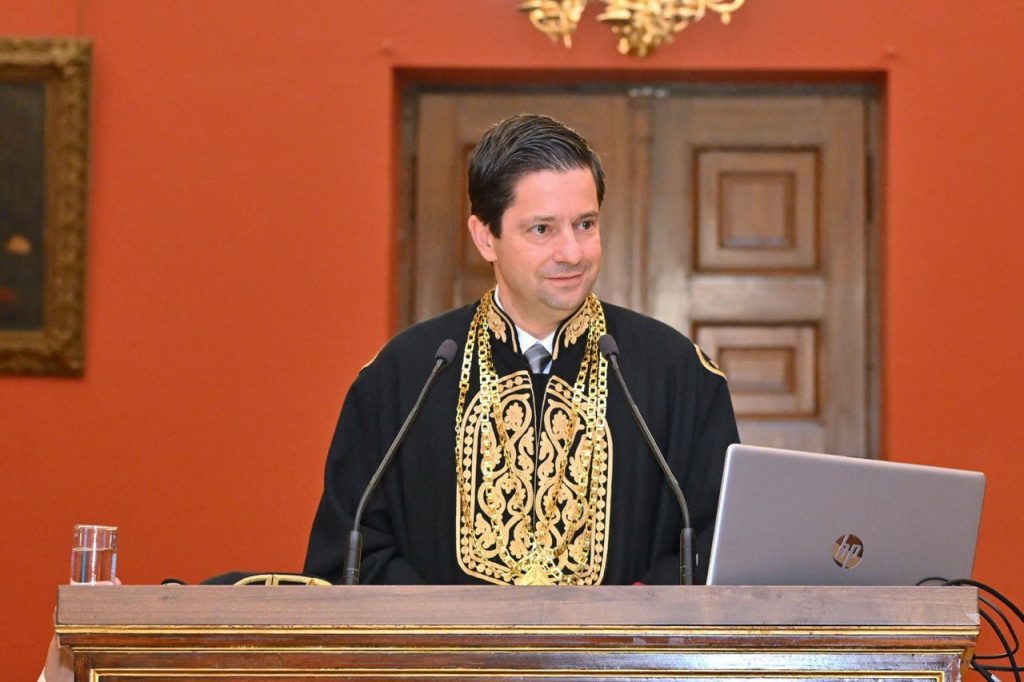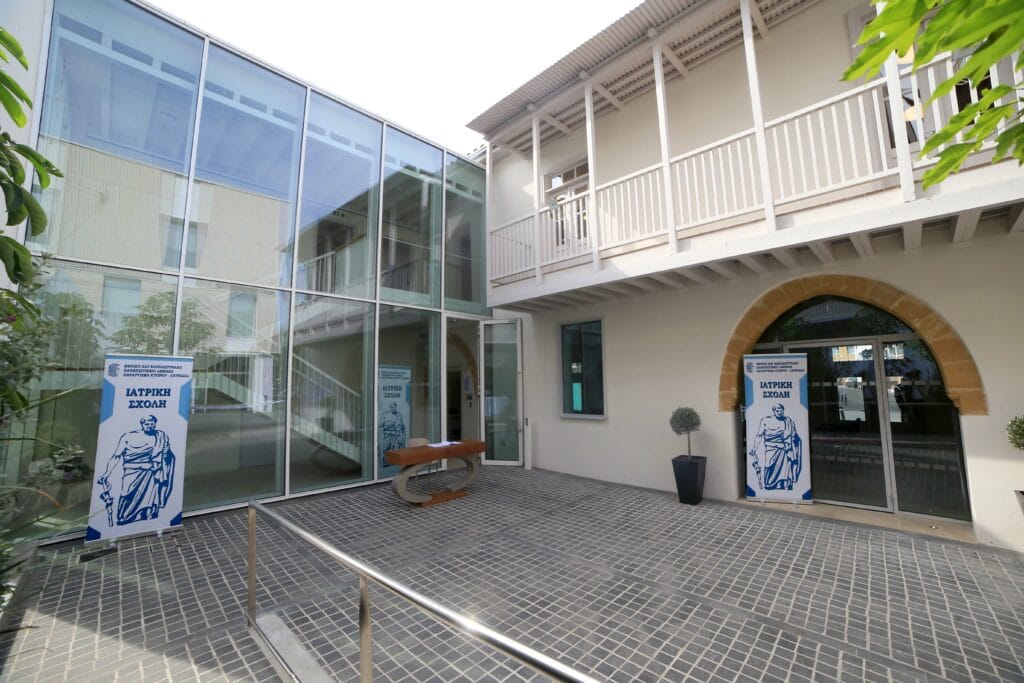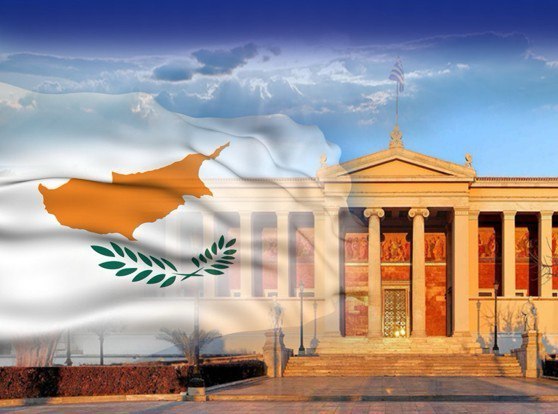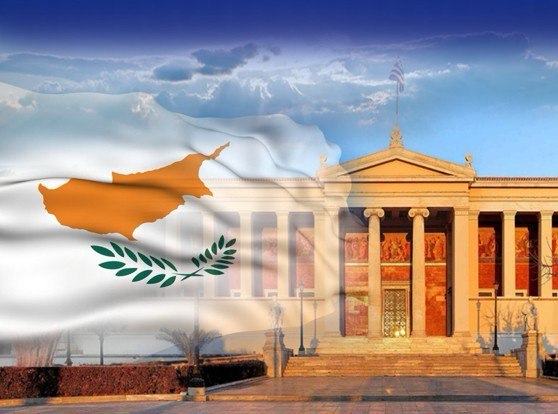The Master’s Degree in Southeast European Studies was launched after the Yugoslav Wars as part of an international initiative with the aim of contributing to the promotion of peace, democracy and reconciliation in the region by bringing together young people from across Southeastern Europe to learn with and from each other. The Programme has a strong international character and since its launch in 1999, has welcomed students from 44 countries. Southeastern Europe offers an excellent vantage point from which to study major issues like democratic backsliding, state-building, asylum and migration management, economic crisis, climate policy, conflict resolution, and European Union Enlargement. Our one-year Programme, taught exclusively in English, is interdisciplinary and examines this key region from multiple perspectives in the social sciences.

Duration & Language of instruction
The duration of the programme of studies is twelve calendar months. The exclusive language of instruction and examination on the Programme is English. All assignments are completed in English.
Accreditation
Master of Science (MSc) in “Southeast European Studies: Politics, History, Economics” (75 ECTS Credits).
Programme Syllabus
The programme of studies includes coursework and research. Two semesters of taught classes are followed by the research and writing of the postgraduate dissertation (from June to end of September).
Coursework Schedule (2024-2025)
Winter Semester
•Attempting Transformation: EU Enlargement and Southeast Europe
•Greece: Political Economy, Crisis and Change
•Peace, Sovereignty and International Organization in Southeastern Europe
•Political Change, Democracy and Crisis in Southeast Europe
•Interconnected Histories: The Balkans and the Black Sea from the Eighteenth to the Twentieth Century
Spring Semester
•Climate Policies and Diplomacy in Southeast Europe
•Contemporary Turkey
•Economic Transition Pathways in Southeastern Europe: Disruptions, Challenges, Prospects
•International Law and Peaceful Settlement of International Disputes in Southeast Europe
•Migration and Asylum Governance in South-Eastern Europe
•Security and Stability in Southeast Europe
Dissertation
Students are required to submit a thesis of 12,000-15,000 words (not including bibliography) on a topic directly concerned with Southeastern Europe, and in one of the academic disciplines covered in the Programme.
Tuition fees
The Programme charges tuition fees of € 3,600 payable in three instalments.
Location (42-44, Aiolou Street)
The Programme’s teaching facilities and the Faculty’s Library are located in the Historic Centre of Athens, a few minutes’ walk from Syntagma Square and from the picturesque and popular neighbourhood of Plaka. The nearest Metro station, Monastiraki, is five hundred yards away.
Website: https://see.pspa.uoa.gr/
Facebook: https://www.facebook.com/PostgraduateProgrammeInSoutheastEuropeanStudies
Linkedin: https://www.linkedin.com/company/master-s-programme-in-southeast-european-studies/




